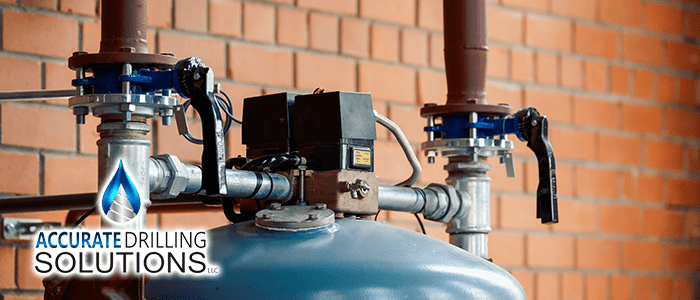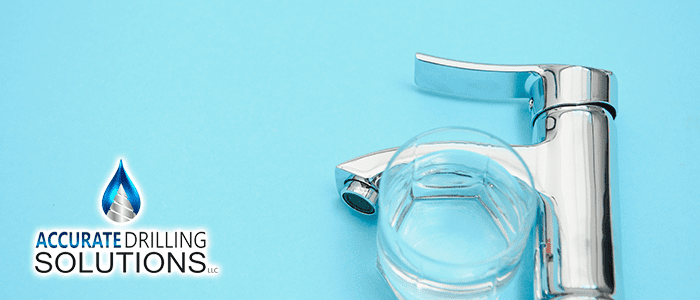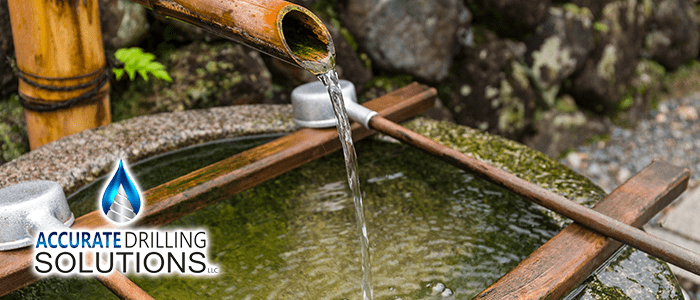
Hard water can lead to a surprising amount of issues. Those who are without softeners may not understand just how detrimental hard water can be. In fact, 80% of Americans deal with hard water. The problems can arise in your pipes, faucets or shower heads, and even on you. Read on to learn all about common hard water problems.
-
Buildup In Plumbing
Hard water, because it still has minerals and metals in it leaves behind a residue of sorts on your pipes. This buildup is easiest to see at plumbing outputs, such as faucets, shower head, and bath spouts. All of those areas will start to show a chalky white substance around the edges. Ultimately, this will restrict or halt flow through parts of your home. It can even stop essentially parts of your home like your water heater.
-
Your Laundry Is Compromised
The most common types of deposits left in hard water are iron and calcium. Unfortunately, both iron and calcium react poorly with laundry detergents. This leads to worn out fabric and weak colors. If the water in your area has enough metals left in it, it can actually leave rust-colored stains on lighter-colored items. If you have sensitive skin, you also run the risk of contaminated clothes irritating your skin.
-
Impacts On Your Skin & Hair
There is a big issue with hard water where the minerals clog pores in your skin. This leads to dry and flaky skin. Additionally, it can react poorly with soaps and leave salt residue on your skin. Clogged pores lead to break outs and acne, on the face, chest and back. None of this is particularly dangerous. However, it can be rather uncomfortable or embarrassing.
Hard water has a similar impact on user’s scalp and hair. When pores get clogged on your scalp, it leads to issues with oil production and mineral buildup on the hair. A lack of natural oils will eventual lead to more dull hair.
-
Spotted Dishes
Dish washing fluids react with hard water much like laundry detergents do. Unfortunately, this reaction leads to spots or streaks on dishes cleaned in the dishwasher. Ultimately the consistent issue with build up will weaken dishes over time. Delicate dishes, especially glassware, will crack easier or have the appearance of damage. Typically, delicate dishes are pricier, so they are exactly the opposite of easily tossed out or replaceable.
-
Difficulty Cleaning
Hard water, in theory, is easier to clean with. The minerals break down any scum or dirt that is left behind, and everything is fine. Unfortunately, reality is far different. Cleaning with hard water actually leaves your counter, sinks, and tubs worse off in some ways. It can often leave lime build-up behind in its wake. Lime is resistant to cleaning solutions and shows up as small deposits along the edges of the surfaces you clean.
If you start experiencing any of these issues on their own, there may be outside forces at work. However, a combination of these problems can indicate a larger issue with hard water in your home.
continue reading
Related Posts
Addressing Water Pressure Issues in Wells: Expert Solutions Water pressure
Benefits of Water Filtration Systems for Well Owners in Central
Essential Tips for Conserving Water with Your Private Well Are





